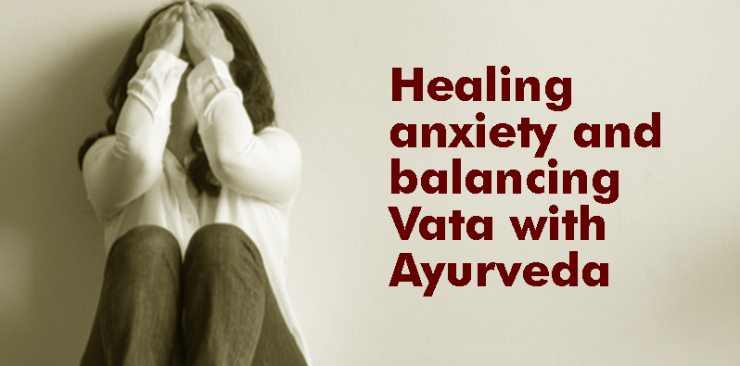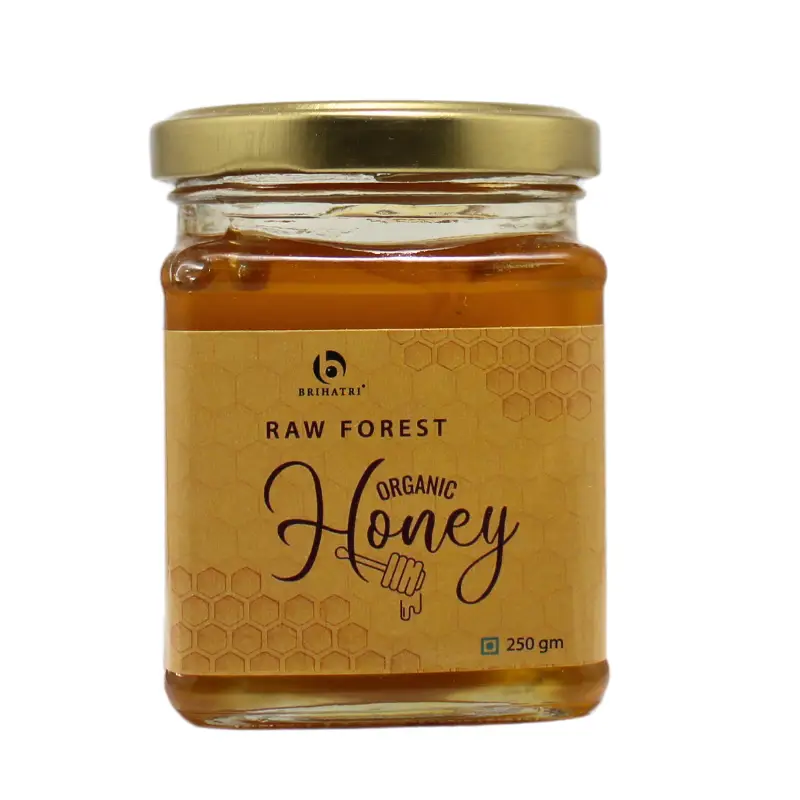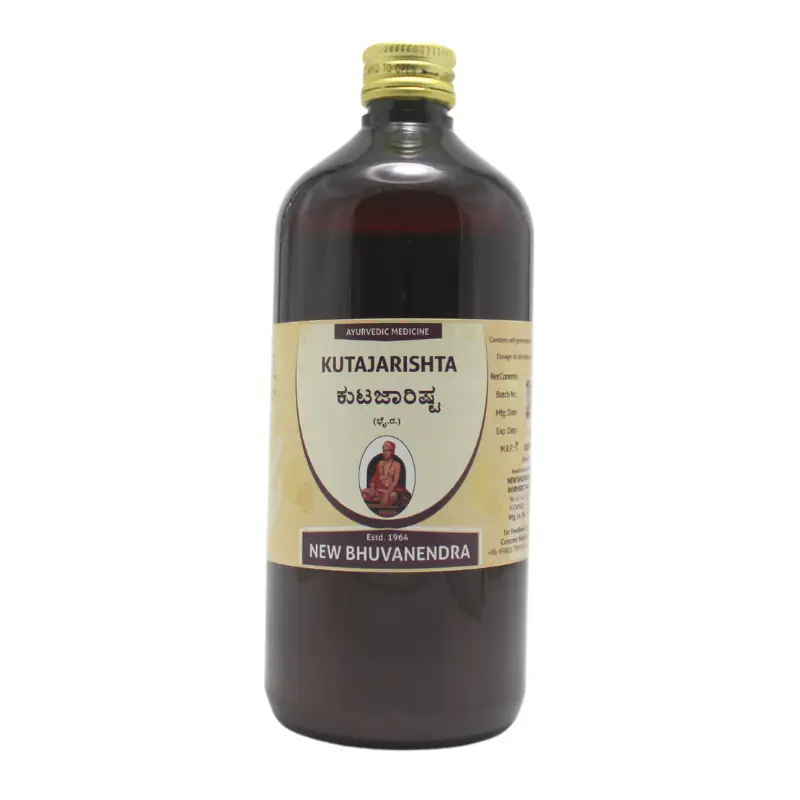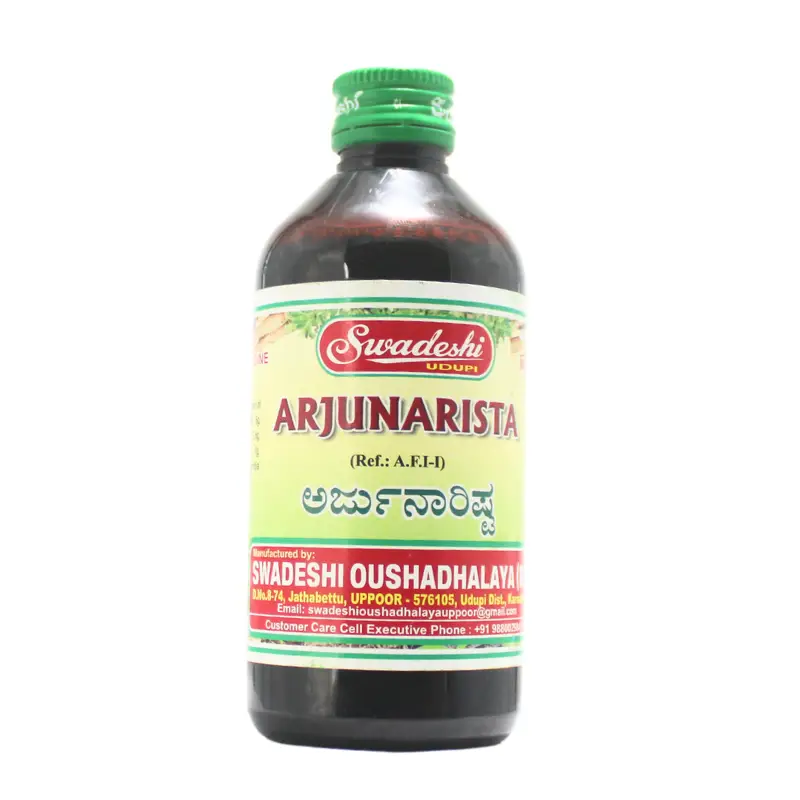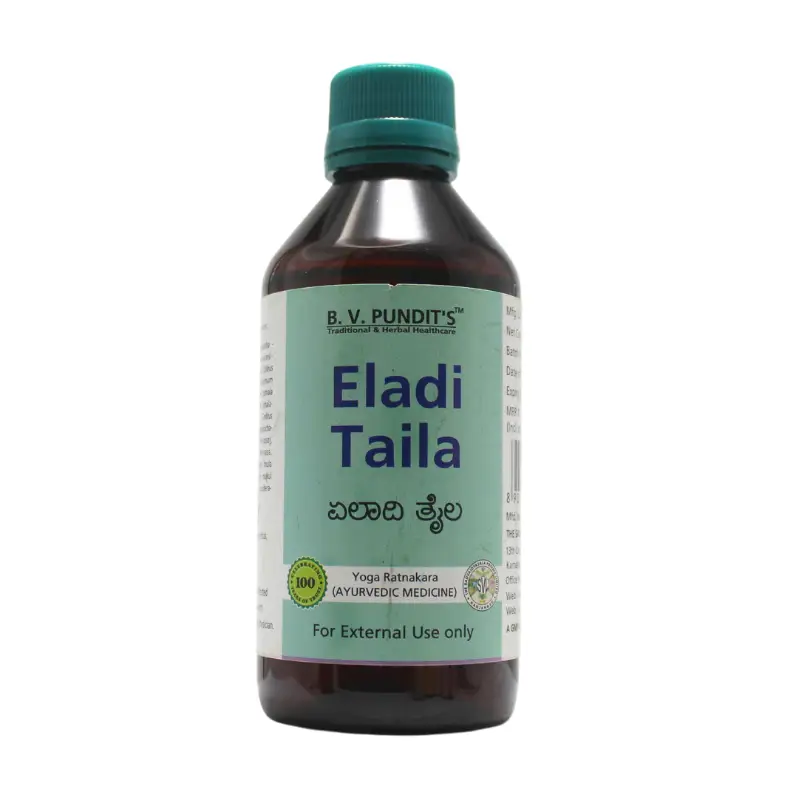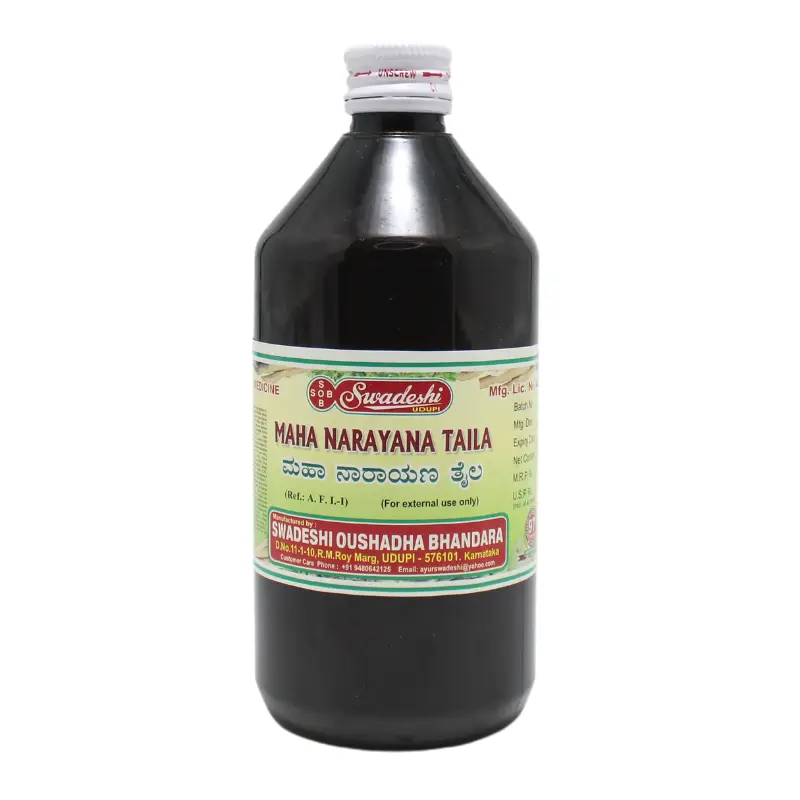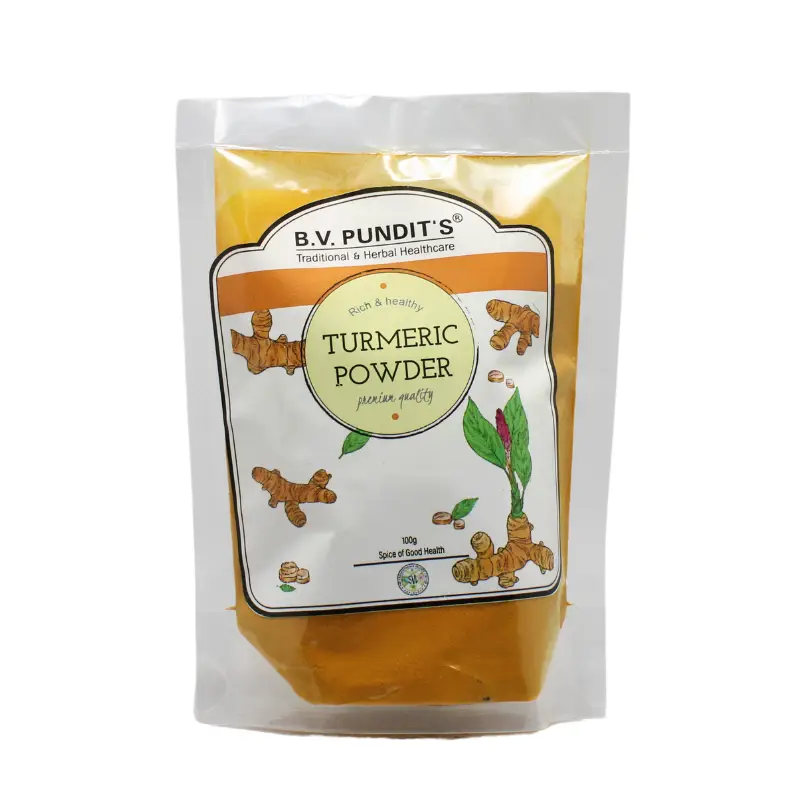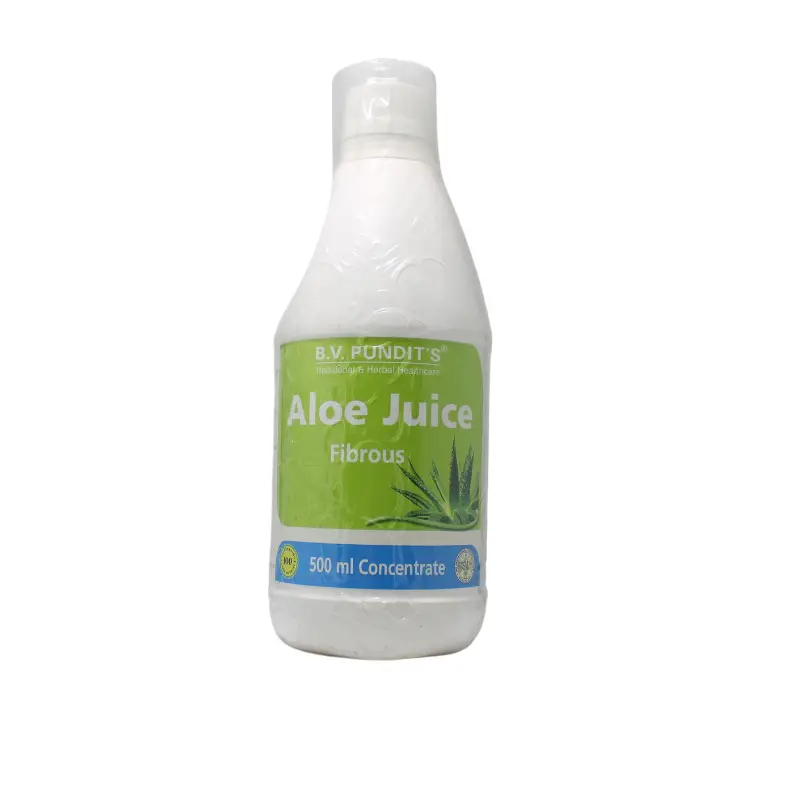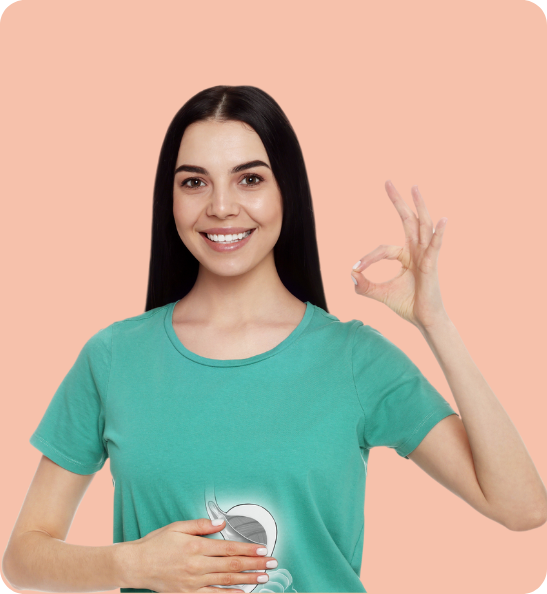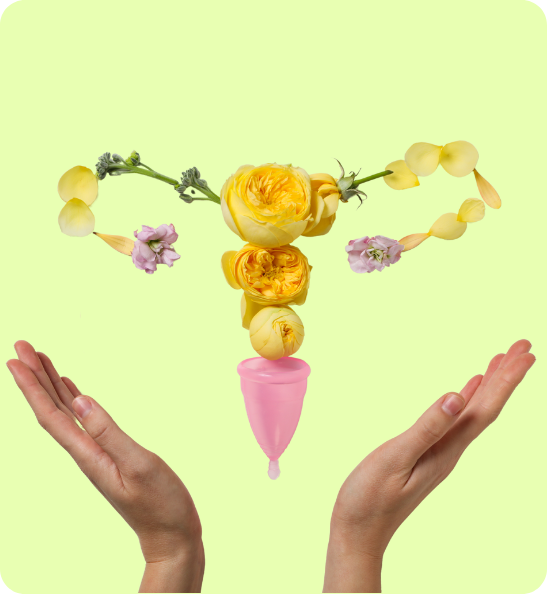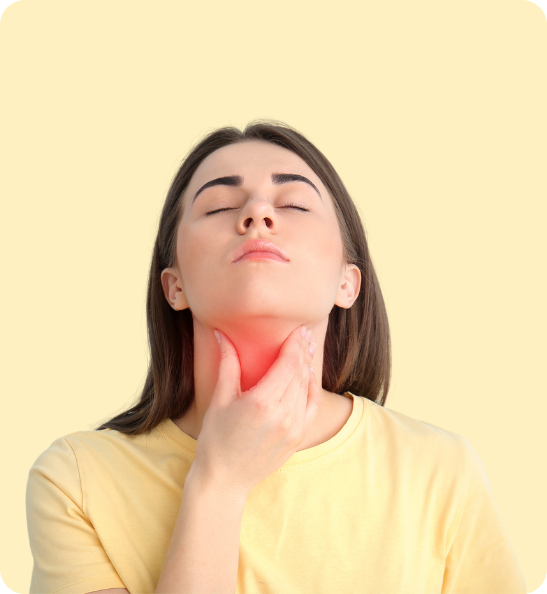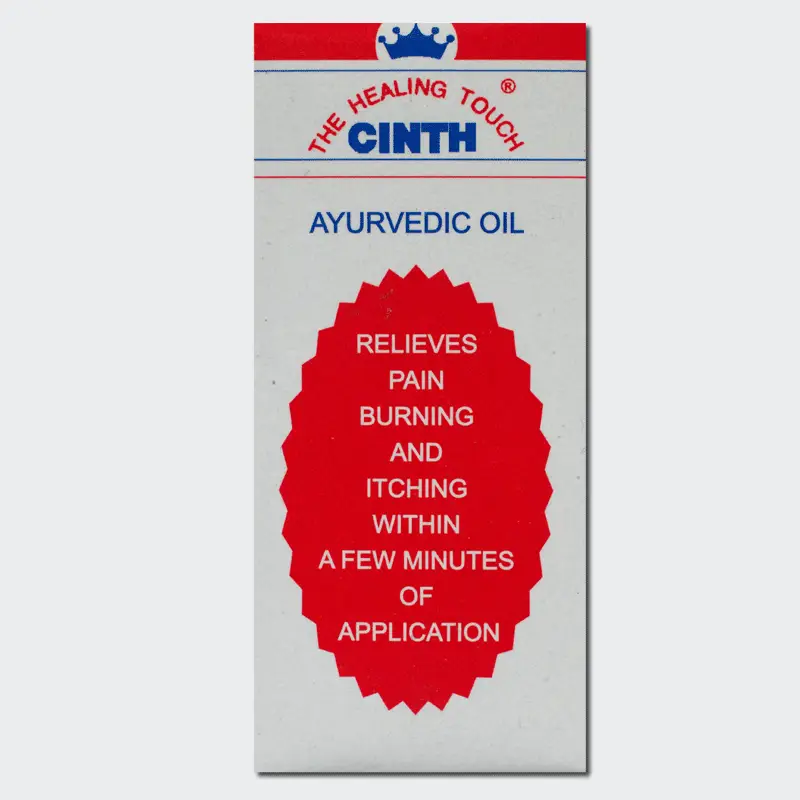shilapravang special treats male infertility and boosts stamina and vigour
Male infertility is fast becoming a common phenomenon due to today’s stressful lifestyle. Besides stress, other modern issues like inadequate nutrition, high levels of radiation from devices and gadgets like mobile phones, less and poor quality sleep, and chemicals and pesticides in our food, contribute to men suffering from fertility issues.
Ayurvedic approach to male infertility
Infertility is a medical condition when men have inadequate production of normal, motile sperm. According to Ayurveda, some of the male infertility related problems include shukrakshaya (decreased count of sperm), premature ejaculation, nocturnal emission (an involuntary ejaculation of semen during sleep), etc.
Ayurveda believes that male infertility can be treated by detoxification and dosha cleansing. It strongly recommends herbs that reduce stress, build immunity, and rejuvenate the key tissues and dhatus. These help to nourish the body and make healthy sperms in men.
Cleansing tissues: According to Ayurveda, we get exposed to many toxins and chemicals that get deposited in our body’s tissues and fat. These toxins have negative impact on male sperm count. In such a condition, Ayurveda recommends cleansing deep tissues. It is beneficial to eat organic plant-based foods that are free from pesticides. A detox every month is essential. During detox, men cannot smoke or use tobacco in any other mode. They should also stay away from alcohol.
Managing stress: Stress is a major reason to reduce quality and quantity of sperm. Our body responds to stress by releasing hormones that have negative effect on our body. Stress can be reduced by breathing exercises as during stress, we breathe faster in an effort to quickly distribute oxygen-rich blood to our body. Abdominal breathing for 20 to 30 minutes every day can relieve stress. Nadi shodhan pranayama helps to balance the air flow between the nostrils, and brings balance to the mind. The breathing technique called bhramari is also very effective in helping the mind release stress. The herb brahmi also helps to calm the nerves.
Ayurveda also recommends proprietary Ayurvedic medicines that do not have any side effects. One such drug is Shilapravang Special.
Shilapravang Special for male infertility
Shilapravang Special is a proprietary Ayurvedic medicine, manufactured by Shree Dhootapapeshwar. It is used for treating male infertility, premature ejaculation, nocturnal emission, and other male infertility related disorders.
Ingredients:-
Dhootapapeshwar Shilapravang Special contains the following:
Shuddha Shilajit 40 mg
Pravala Bhasma 20 mg
Vanga Bhasma 20 mg
Suvarnamakshik Bhasma 20 mg
Guduchi Satva 20 mg
Ashwagandha 60 mg
Shatavari 15 mg
Shilajit is a mineral pitch that has occurred due to a long process of breaking down of plant matter and minerals. This sticky, black, tar-like substance is found in rocks of mountains. It is considered as an excellent rejuvenating tonic that ensures balanced and harmonious health. Known as a sex tonic, Shilajit increases the core energy responsible for sexual drive. It also cures debility, fatigue and provides strength to muscles and bones.
Pravala Bhasma is a natural source of calcium and an Ayurvedic medicine prepared from coral. It treats conditions of bone metabolic disorders associated with calcium deficiency.
Ashwagandha is very effective in curing male infertility. It is also beneficial for metabolism and helps to provide proper nutrition. Its anti-inflammatory properties help the nerves and also cures sexual disorders like erectile dysfunction and oligospermia.
Vanga Bhasma treats diseases of gastrointestinal tract and genito-urinary system.
CLICK HERE NOW TO BUY SHILAPRAVANG SPECIAL….!!!
Benefits of Shilapravang Special
Promotes formation of best quality Saptadhatu, the seven body tissues. According to Ayurveda, the human body is made up of Saptadhatus, which means seven constituent elements. These seven dhatus make the entire structure of our body.
It not only strengthens the Shukra, but also increases the sustaining capacity.
The medicine boosts stamina, vigour and vitality in men and relieves mental stress, anxiety, and fatigue.
The drug is beneficial in case of male erectile dysfunction.
It also helps to counter premature ejaculation.
Dosage
It is recommended to take 1 to 2 tablets twice a day with milk or as directed by your Ayurvedic doctor.
Safety information:
Keep out of the reach and sight of the children. Read the label carefully before use.
Use under medical supervision





